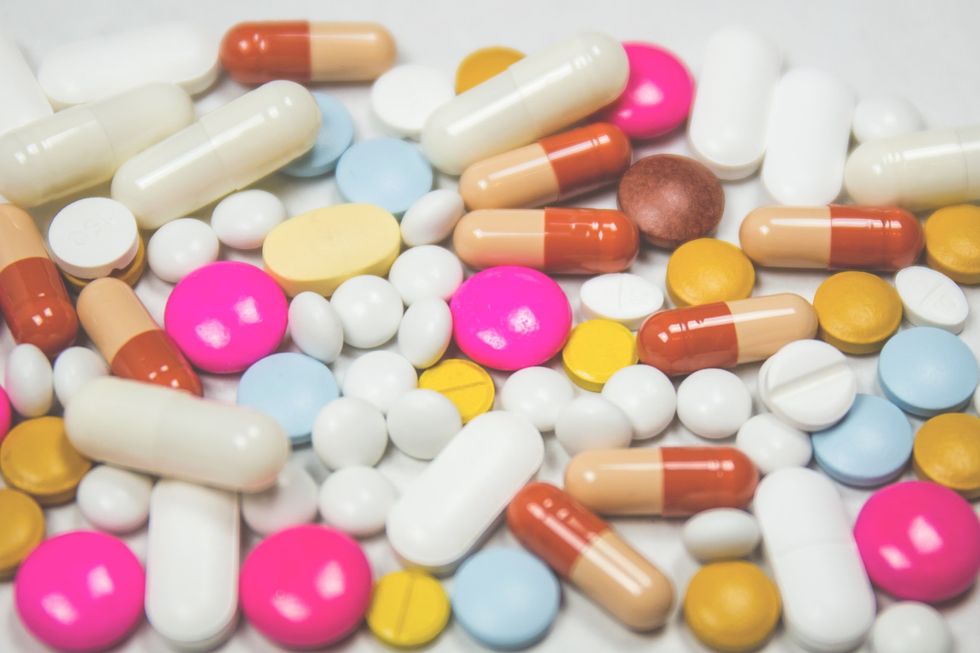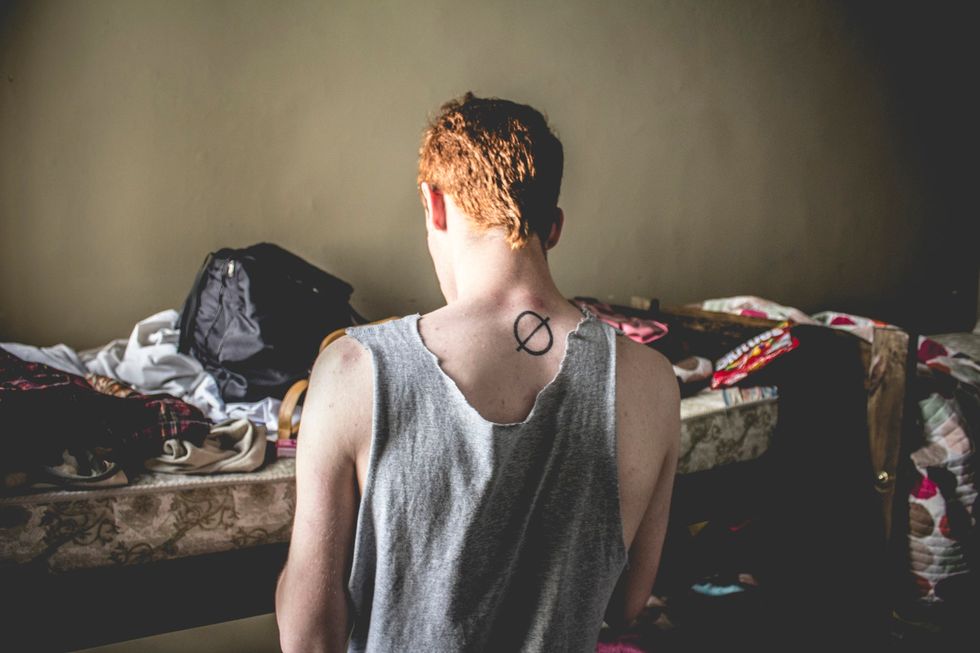Concerned about your or your friend’s use of drugs or alcohol?
The good news is that the university has some resources to help. The bad news is that students might not be able to seamlessly tackle their problems and stay in school.
Boynton Health Services offers the first line of defense for a student struggling with substance abuse.
For a student battling addiction, a first stop may be the Mental Health Clinic on East Bank campus. Licensed alcohol and drug counselors, known as LADCs, are available in person to speak with students. The services provided by the clinic are nothing like those offered at treatment centers but do provide a good foundation for a student to start making the transition to an actual treatment center.
The Mental Health Clinic offers students the opportunity to take a substance use assessment. This is a thorough interview and evaluation of a student’s alcohol and drug use. The assessment’s purpose is to make formal recommendations about the possible need for treatment.
Director of training for the Minnesota Center for Chemical and Mental Health, Julie Rohovit, said the assessment is a good starting point to determine the level of concern.
“Is it a substance use disorder that is more severe? Might the individual need to engage in detoxification and in-patient care or intensive outpatient care? Do they have a co-occurring mental health issue? From there, depending on the assessment results, the clinician would have suggestions about what to do next and where to go for support or care.”
Once a student’s results are back, he/she may be referred to see a medical social worker. Medical social workers help the student figure out the logistics of entering a treatment center.
“They help the students figure out where the best place is to go for treatment as well as considerations regarding insurance," said David Golden, director of public health and communications at Boynton.
“They would have to drop out of school. You couldn’t go to treatment at the same time,” licensed psychotherapist supervisor, Ollie Stocker said.
Stocker says because of how intense treatment is and a student’s demanding coursework, the idea of balancing both is unrealistic.
“You might be bringing up some emotional process and painful experiences in group therapy sessions,” he said. “You can’t just do that and then go off to do your math homework.”
Then, once out of initial treatment, a person might have a “step-down” phase of outpatient meetings that lend themselves more to re-entering school. Even then, Stocker says, "It’s important for addicts to continue to build and sustain relationships."
“Addiction is isolation,” Stocker said. “And recovery is connection.”






















